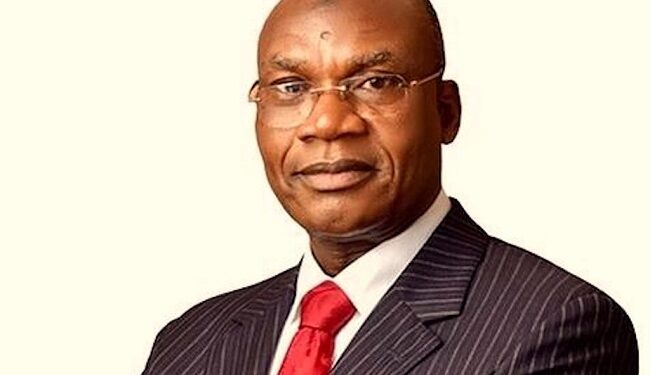The Nigerian government has announced that President Bola Tinubu’s administration is committed to improving skills among students and addressing the high number of out-of-school children in the country. Education Minister Professor Tahir Mamman emphasized that equipping students with the right job skills is essential to combat the unemployment issue, with over 75% of Nigerian school graduates currently unemployed.
Speaking at a two-day meeting in Abuja about the new National Policy on Skills Development, organized by the Education Ministry with support from UNICEF and UNESCO, Minister Mamman outlined Tinubu’s plan. He stressed that the education system must focus on teaching skills and values that enable Nigerian youth to integrate into society and find employment. According to Mamman, skills training must begin at the earliest stages of schooling and continue through university to empower youth to be self-reliant and employable.
Acknowledging the numerous challenges facing education in Nigeria, Mamman called for collaboration and resource-sharing among stakeholders to implement the new skills policy successfully. He urged everyone to work together to ensure every Nigerian child has access to quality, inclusive education that provides the necessary skills to succeed in the economy and society. He highlighted that only 25% of students who take final exams like WAEC and NECO continue to university, with the remaining 75% left without jobs, further education, or vocational training.
Minister Mamman stated that the National Policy on Skills Development aims to address the out-of-school issue by equipping youth with skills that will keep them engaged and employed. Policymakers are working to finalize this policy by July, with implementation planned to start in September. UNICEF’s chief of education in Nigeria, Saadhana Panday, pointed out major crises in the education sector, including out-of-school children, poor literacy and numeracy, and lack of digital skills. These challenges must be tackled for Nigerian children to be globally competitive, as only 7% of youth aged 15-24 currently possess ICT skills.
A new National Council on Skills has been established to coordinate skills training across government ministries, agencies, and state programs. The council is also drafting a bill for a Nigerian Skills Qualifications Framework to enhance the workforce’s skills and improve the quality of skilled labor. Vice President Kashim Shettima emphasized the potential of digital jobs, noting that Nigeria could earn more from this sector than from oil exports if one million youth were employed in digital spaces. The Tinubu administration’s focus on integrating vocational skills at all education levels aims to reduce unemployment and the out-of-school crisis by better preparing graduates for the job market.





